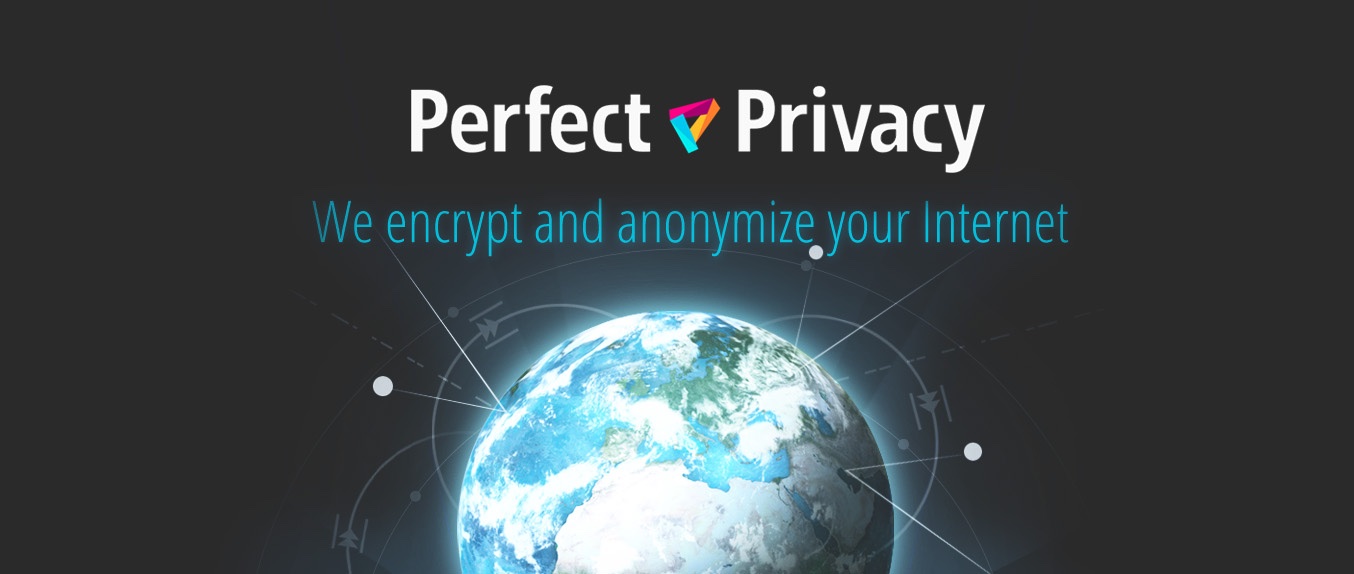

If you regularly access the internet via public hotspots, you should take extra care for the security of your devices. You should not merely rely on your anti-virus software and think that this is all the protection you need – that is not the case. You should use a secure VPN to protect your privacy in public WiFi spots.
There are many attack vectors when using a public hotspot: Data dealers, authorities and of course typical criminal hackers who might even set up their own WiFi hotspot to intercept data of innocent users. Such WiFi networks are not easily distinguished from legitimate ones. You see: There is more than using a VPN to protect your data.
Imagine you are waiting for your connecting flight at the airport and want to spend the time by surfing the internet. At the airport, you can not determine which WiFi networks are legitimate and which are not, because the name of the network often doesn’t help. Is “Airport-NG14” an official Hotspot or not? Keep in mind that there is much at stake: For instance, if you have your credit card information stored on your cellphone or notebook, this data might be in danger of exposure.
We have assembled a list of security tips on how to access the internet via public hotspots and remain secure.
Whenever possible, you should verify the name of the WiFi network you are using. For example, in hotels, you often receive your login credentials in written form. Make sure that you are connecting to the correct network on your device. If you are at a coffee shop or a similarly small place, you should ask the staff if there is any doubt.
You should make sure that your computer is not accessible from the outside. In your network at home, you probably want network sharing so that you can easily transfer files between different devices. When using public hotspots, you should make sure this is deactivated, as it is another possible attack vector for hackers. In Windows, you can choose “Public Network” when first connecting to the hotspot to make sure that your computer is not accessible from outside.
When using a public network, you should make sure that your internet traffic is strongly encrypted at all times. With no encryption, anyone can intercept or even manipulate your data with little effort. If you only want to use your browser to surf the internet, you can use something like the Tor Browser Bundle to secure your traffic. If however, you want to secure all your applications (including software like Skype and your torrent client), you should use a trustworthy VPN provider. This way you can make sure that all your traffic is always encrypted and you also protect your anonymity: By looking at your IP address, no one can determine your location.
In some public hotspots, it may not be possible to use VPN because the network does not allow VPN traffic and blocks it by firewall rules. In this case, you can activate Stealth VPN in the Perfect Privacy VPN App, and you will be able to use VPN because the packets are being obfuscated and appear as normal traffic.
After securing your internet connection with a VPN, you should also make sure that no traffic is being sent over any unencrypted interfaces. In Windows, you can use the integrated firewall to accomplish this but may need to set some custom rules. Perfect Privacy’s VPN software does this for you automatically: The integrated firewall protection will make sure that every packet you send or receive goes through the encrypted VPN tunnel. That guarantees that you won't suffer from IP or DNS leaks.
It may be convenient to have your wireless connection always active. However, remember this also means that your devices continue to communicate in the background. That not only reduces battery life but it also a possible security risk. Therefore, it is best practice to keep your data trail as small as possible which is why it is recommended to deactivate WiFi if you don’t need it. That also prevents that your devices connect to any public hotspots without your knowledge.
If you follow these guidelines and encrypt your traffic with a secure VPN like Perfect Privacy, you are secured against common threats in public networks. The integrated firewall protection in the Perfect Privacy client also protects your anonymity: Your IP address never reveals your geographical location.